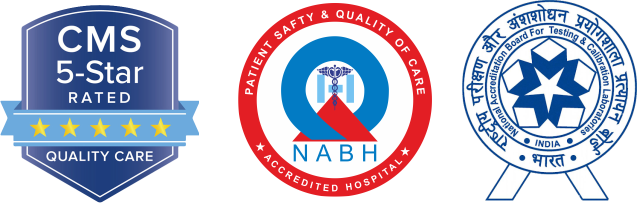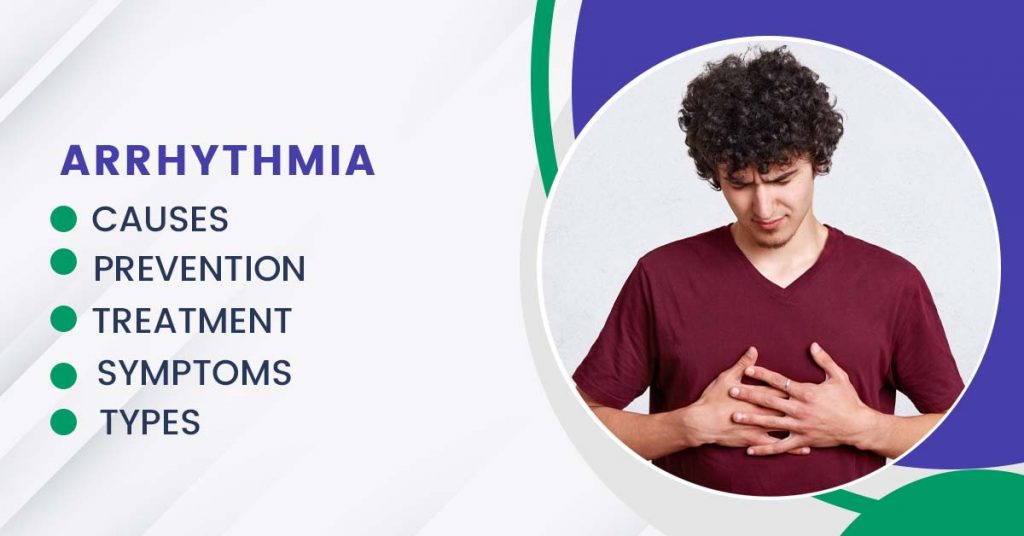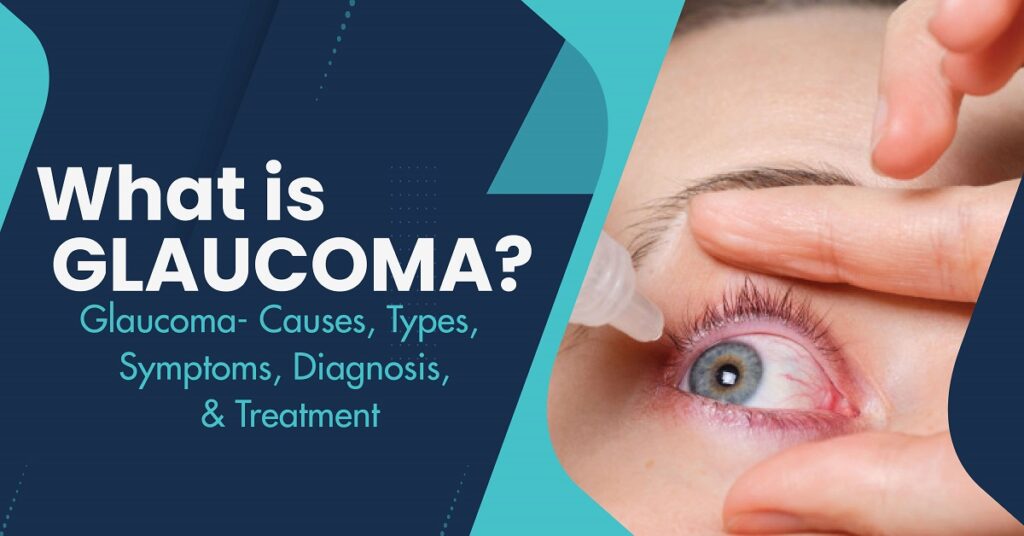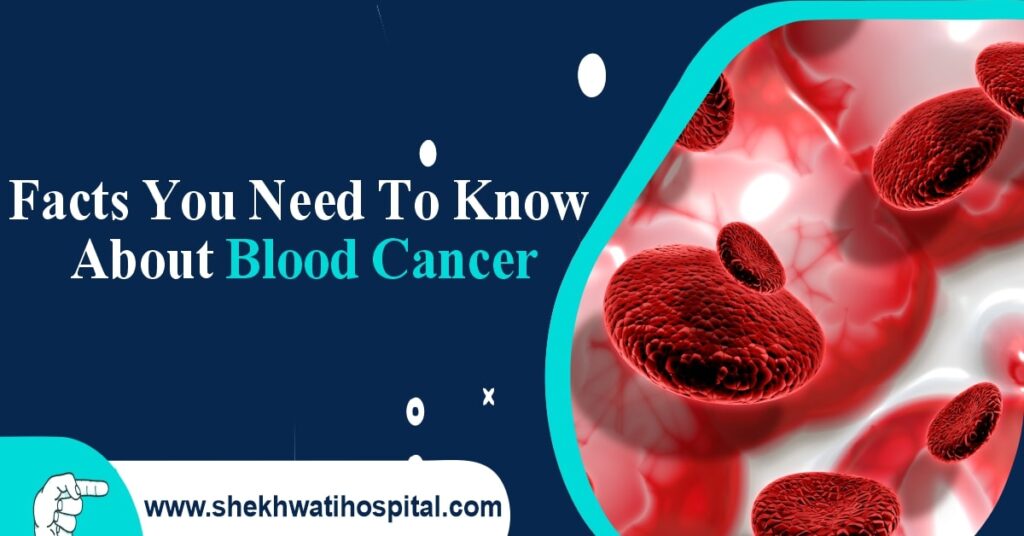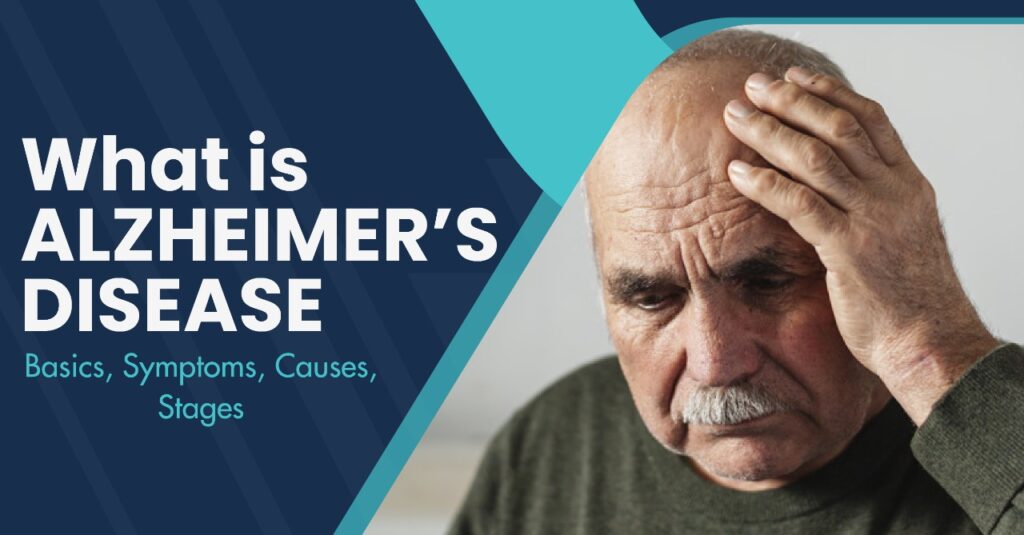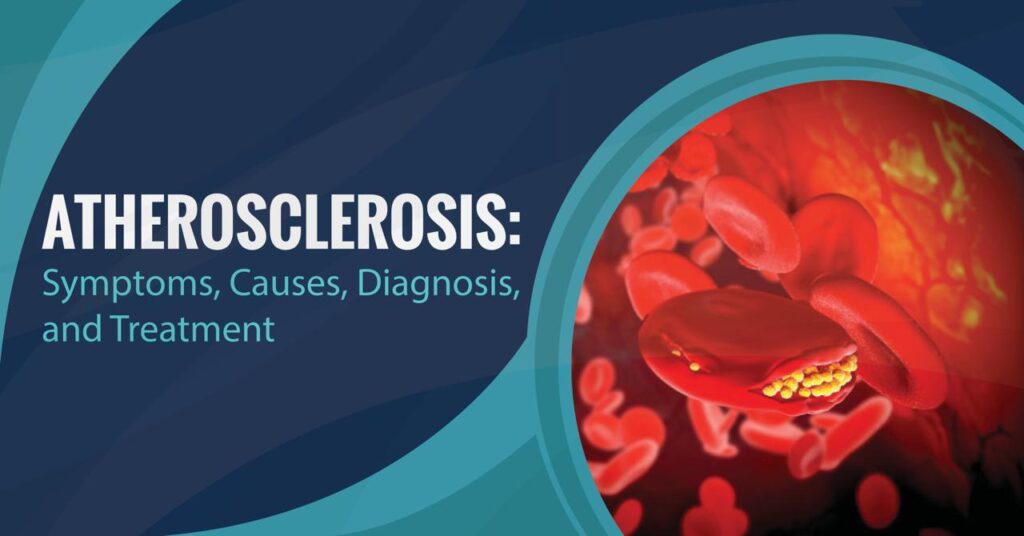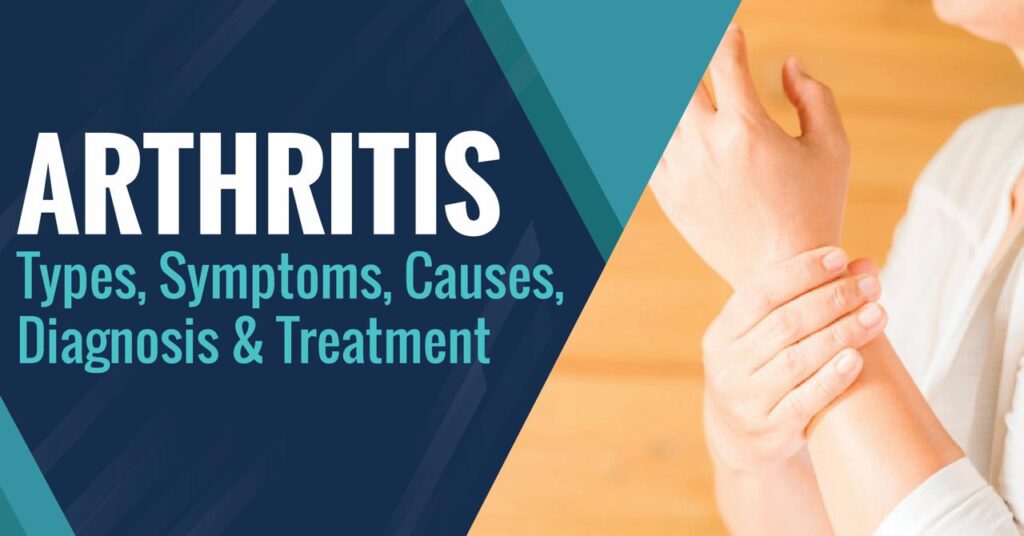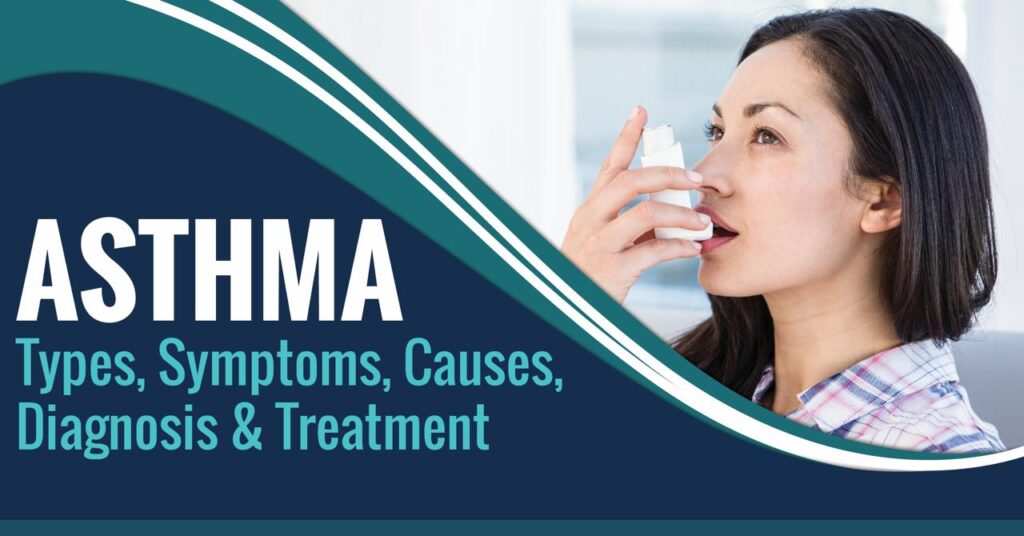What is Arrhythmia?
Arrhythmia is an irregular heartbeat (uh-RITH-me-uh). If the electrical signals that coordinate the heart’s beats do not work properly, heart rhythm problems (heart arrhythmias) can occur. Heart rhythms are affected when the signaling malfunctions, resulting in fast, slow, or irregular heartbeats.
It is possible to feel a racing or fluttering heart with an arrhythmia and it may be harmless. Heart arrhythmia can, however, cause troubling or even life-threatening symptoms in some people.
Heart rates can be fast or slow depending on a person’s health. Exercise makes your heart rate run fast. When you sleep, your heart rate might slow down.
To control or eliminate fast, slow or irregular heartbeats, medications, catheter procedures, implanted devices or surgery may be used. Lifestyle choices that promote heart health may prevent certain heart arrhythmias from occurring.
Arrhythmia vs. Dysrhythmia
Both arrhythmias and dysrhythmias are types of heart rhythm disorders. An abnormal heartbeat has an abnormal pace or rhythm.
Arrhythmia is characterized by the “a” prefix, which means absence. As in this case, there is no (normal) rhythm.
Likewise, the prefix “dis” means something is difficult or fails to work properly. This is exemplified by the word “dysfunction.”. This can refer to an abnormal rhythm, such as dysrhythmia.
In general, both terms refer to heart rates that differ from those typically observed due to their speed or rhythm. It is more commonly referred to as arrhythmia today.
Types of Arrhythmia
As described here, arrhythmias come in several forms:
Atrial fibrillation
Almost always, tachycardia is present in this type of irregular beating of the atrial chambers. The condition of atrial fibrillation (A-fib) is common in adults over the age of 65.
The chamber fibrillates instead of producing one, strong contraction, often resulting in rapid heartbeats.
Atrial flutter
Atrial flutter typically results from a single spot in the atrium that is not conducting properly, whereas fibrillation creates numerous random and diverse quivers in the atrium. This produces a consistent pattern in abnormal heart conduction.
Some people may experience both flutter and fibrillation. Without treatment, atrial flutter frequently develops into fibrillation and can be a dangerous condition.
Supraventricular tachycardia
Overventricular tachycardia (SVT) is the phenomenon of a rapid but rhythmically regular heartbeat. In some cases, an individual may experience a short burst of accelerated heartbeats, which can last from a couple of seconds to several hours. It is classified as an SVT by physicians if you have atrial fibrillation or flutter.
Ventricular tachycardia
There are abnormal electrical impulses that originate in the ventricles of the heart, resulting in an abnormally fast heartbeat. This often occurs when the heart has to scar from a previous heart attack.
Ventricular fibrillation
Heartbeats that are fast, uncoordinated, and fluttering are termed ventricular fibrillation. There is no pumping of blood in the ventricles; instead, they quiver.
A life-threatening condition, ventricular fibrillation is usually associated with heart disease. The most common cause is a heart attack.
Long QT syndrome
Heart rhythm disorders can cause rapid and uncoordinated heartbeats as a result of this syndrome. This can cause fainting, a potentially life-threatening condition. Taking certain medications or having a genetic predisposition can also cause it.
Symptoms of Arrhythmia
The symptoms of an arrhythmia may not be apparent to you. Here are some of the most common signs:
- The experience of having your heart skip a beat
- A feeling of fluttering in your chest or neck
- Rapid heartbeat
- Slow or irregular heartbeat
Make an appointment with your doctor to discuss your symptoms so your arrhythmia can be diagnosed and treated effectively. A malfunctioning heart can also cause more serious symptoms, such as:
- Chest pain
- Tightness in the chest
- Difficulty in breathing
- Dizziness
- Fainting, or almost fainting
- Irregular pulse
- Weakness
- Heart palpitations
- Low blood pressure
- Fatigue
- Sweating
Causes of Arrhythmia
The following conditions can cause arrhythmia:
- A heart attack
- Diabetes
- A structural abnormality of the heart such as cardiomyopathy, valve disease, or scarring caused by a previous heart attack.
- High blood pressure
- Heart failure
- Congenital heart disease
- Coronary heart disease
- Obstructive sleep apnea (OSA)
- Thyroid problems
You can Read Also: Hepatitis: What are Hepatitis, Types, Symptoms, Causes, and Treatment
Risk Factors of Arrhythmia
Arrhythmias may be more likely to develop if you have certain risk factors. There are, however, some people who do not develop irregular heartbeats despite having these risk factors.
There are some medical conditions that increase the risk of arrhythmia. There are others that may be caused by genetics, behavior, or medication.
The following conditions may increase your risk of developing arrhythmia:
- Failure of the heart or heart attack
- Cardiomyopathy (heart muscle disease)
- Endocarditis (heart inflammation)
- Coronary artery disease
- Heart valve disease
- High blood pressure
- Having an overactive or underactive thyroid gland
- Kidney disease
- Eating disorders that lead to electrolyte imbalances or malnutrition
- Fever
- Sleep apnea
- Chronic lung disease
- Diabetes
Diagnosis of Arrhythmia
Doctors use a variety of tests to diagnose arrhythmias and determine their causes:
- EKG: Electrocardiograms record the electrical activity of your heart. You put on tiny electrode patches on your arms, legs, and chest when you visit the doctor. The test is quick and painless.
- Holter monitor: Portable EKGs (also called ambulatory electrocardiograms or ECGs) are about the size of postcards or digital cameras. They are used for two weeks or 1 to 2 days.
Your heart is tested by measuring the movement of electrical signals or waves. Heart contractions (squeeze) and blood pumping are signaled by these signals. It will be necessary to tape electrodes to your skin.
While some people experience mild skin irritation from the tape used to attach the electrodes to the chest, the procedure is painless. The electrodes can be worn while showering or bathing, but not while swimming. Upon completion of the test period, you’ll see your doctor again. You can download the information from them.
- Event monitor: A doctor may recommend you wear one of these, usually for about a month, if your symptoms don’t occur often. You can record and store your heart’s electrical activity when you push a button. You should get a reading as soon as you notice symptoms. The doctor will interpret the results for you.
- Implantable loop recorder: It constantly records the electrical activity of your heart, which your doctor implants under your skin. Information will be sent to your doctor.
- Stress test: It is possible to perform different kinds of stress tests. The purpose is to determine how much stress your heart can handle before developing a rhythm problem or not receiving enough blood.
Stress tests typically involve walking on a treadmill or pedaling a stationary bike while getting an EKG and having your heart rate and blood pressure monitored. Technicians gradually increase your exercise intensity.
- In this test, ultrasound is used to examine the muscles and valves of the heart.
- Cardiac catheterization: A thin, long tube called a catheter will be inserted into a blood vessel in your arm or leg. A special X-ray machine will help guide the needle to your heart. After injection of dye through the catheter, your heart valves, coronary arteries, and chambers will be photographed with X-rays.
- Electrophysiology study: An electrocardiogram records the electrical activity and pathways of your heart. A heart rhythm test can help determine the cause of a heart rhythm problem and recommend the best treatment for you.
An abnormal heart rhythm will be safely triggered during the test by your doctor. After that, they will determine which medication works best or what procedure or device you need to treat it with.
- Head-up tilt table test: These tests are used by doctors to diagnose fainting spells. Standing up and lying down cause blood pressure and heart rate to differ. The head-up tilt table test will be performed in a lab.
The specialists will check your blood pressure and oxygen level while you lie on a stretcher tilted at different angles. The results show whether your electrical, nervous, or vascular systems are responsible for your passing out symptoms.
You can Read Also: Heart Attack: Symptoms, Causes, Diagnosis, Prevention, and Treatment
Complications of Arrhythmia
Uneven heart rhythms can cause serious problems, such as:
- Alzheimer’s disease and dementia. It is possible that these cognitive disorders occur as a result of not getting enough blood to the brain.
- Heart failure. Having repeated arrhythmias may cause you to have poor heart pumping.
- A clot can occur when blood remains in the atria. The clot may cause a stroke if it travels to the brain.
- Cardiac arrest. In case you have V-fib, your heart can stop.
Treatment of Arrhythmia
The treatment for Arrhythmia is as follows:
- Sinus node dysfunction – Permanent pacemakers are usually prescribed for people with frequent, severe symptoms.
- Supraventricular tachyarrhythmias – Arrhythmias are treated differently depending on their causes. People with this problem may find relief by massaging their carotid sinuses in their necks.
There are a variety of medications that may be necessary for some people, including beta-blockers, calcium channel blockers, digoxin (Lanoxin), and amiodarone (Cordarone).
The radiofrequency catheter ablation procedure, which destroys a section of tissue in the A-V node, is effective for some patients because it prevents excess electrical impulses from reaching the ventricles.
- Atrial fibrillation – Overactive thyroid can cause atrial fibrillation that can be treated with medications or surgery. A damaged heart valve can be replaced to treat fibrillation caused by mitral or aortic valve disease.
A number of medications have been found to slow the heart rate, including beta-blockers (such as atenolol and metoprolol), amiodarone, diltiazem (Cardizem, Tiazac), or verapamil (Calan, Isoptin, Verelan).
Atrial fibrillation can be prevented with medications such as amiodarone. A radiofrequency catheter ablation or electrical cardioversion may also be used as a treatment option, where an electrical shock is delivered to the heart to restore normal heart rhythm.
- A-V block – It is usually not necessary to treat a first-degree A-V block. EKGs may be performed frequently on people with second-degree A-V blocks, especially if they show no symptoms and have an appropriate heart rate for their daily activities.
The patient may need a pacemaker permanently if he or she has second-degree heart block. Permanent pacemakers are almost always used for third-degree A-V blocks.
- VT – If the heart has not suffered any structural damage, non-sustained VT may not require treatment. Treatment options for sustained VT include intravenous medicine or an emergency electrical shock (defibrillation), which can return the heart’s rhythm to normal.
- Ventricular fibrillation – Defibrillation is used to treat this, delivering the heart a controlled electrical shock to get it back to a normal rhythm. In an emergency, the skin over the heart can get an electrical shock.
Potential candidates for an automated implantable cardioverter defibrillator include those who have survived ventricular fibrillation and those who are at high risk.
With wires linked to the heart that connects to an energy source under the skin, the device resembles a pacemaker. The operation is done in the operating room is where the procedure is done.
Prevention of Arrhythmia
By making a conscious effort to lead a healthy and active lifestyle, irregular heartbeats can be avoided.
The first steps in prevention involve focusing efforts on conscious choices including eating a diet low in cholesterol, avoiding smoking or exposure to secondhand smoke, and engaging in regular exercise to burn any extra body fat.
There are some preventive measures that can avoid the occurrence of irregular heartbeats are:
- Limiting consumption of alcohol, drugs, and caffeine
- Preventing unneeded stress such as fear, anger, and tension, and avoiding circumstances or situations that could mimic stress in these forms.
To the greatest extent possible, control blood sugar and salt levels in the body to prevent diabetes.

